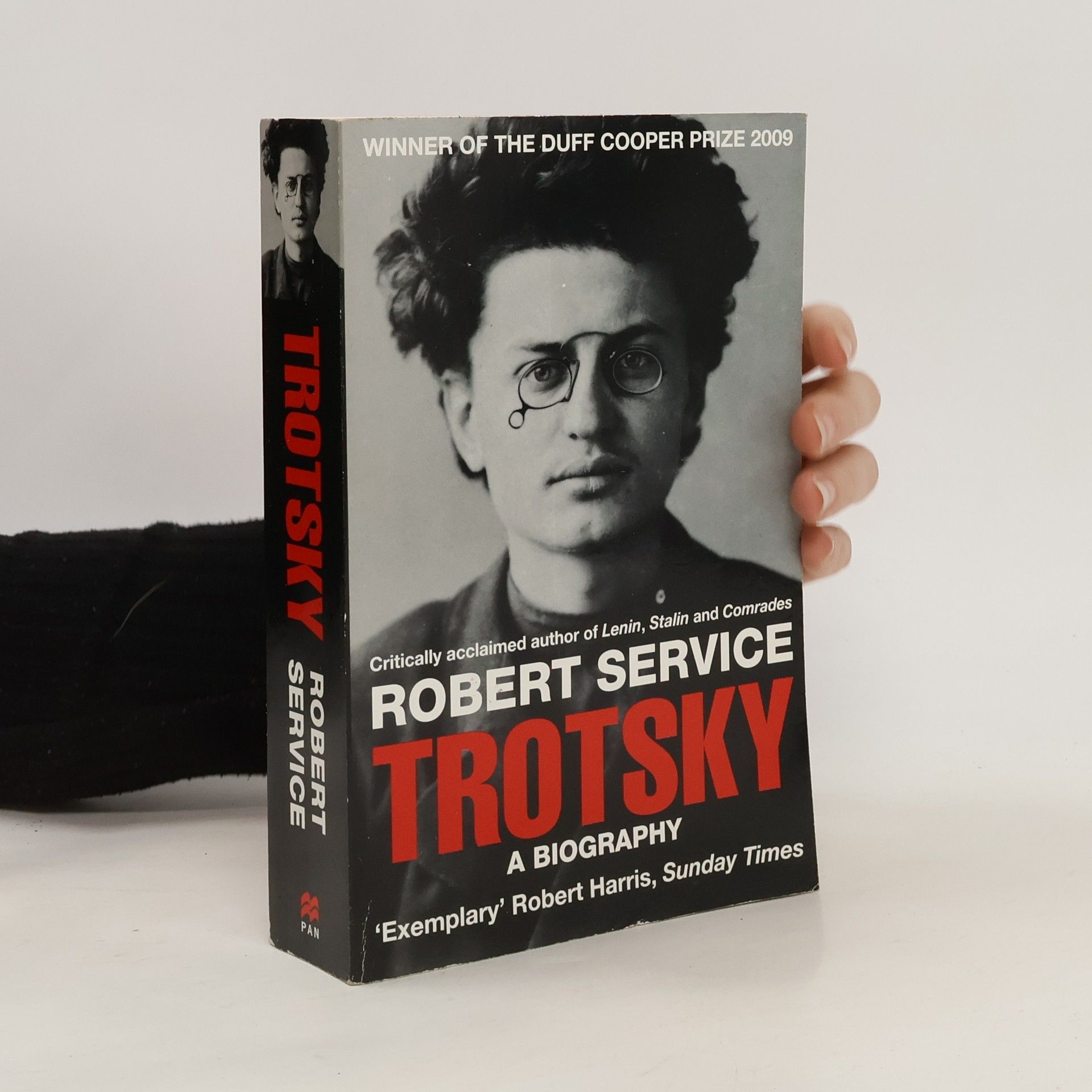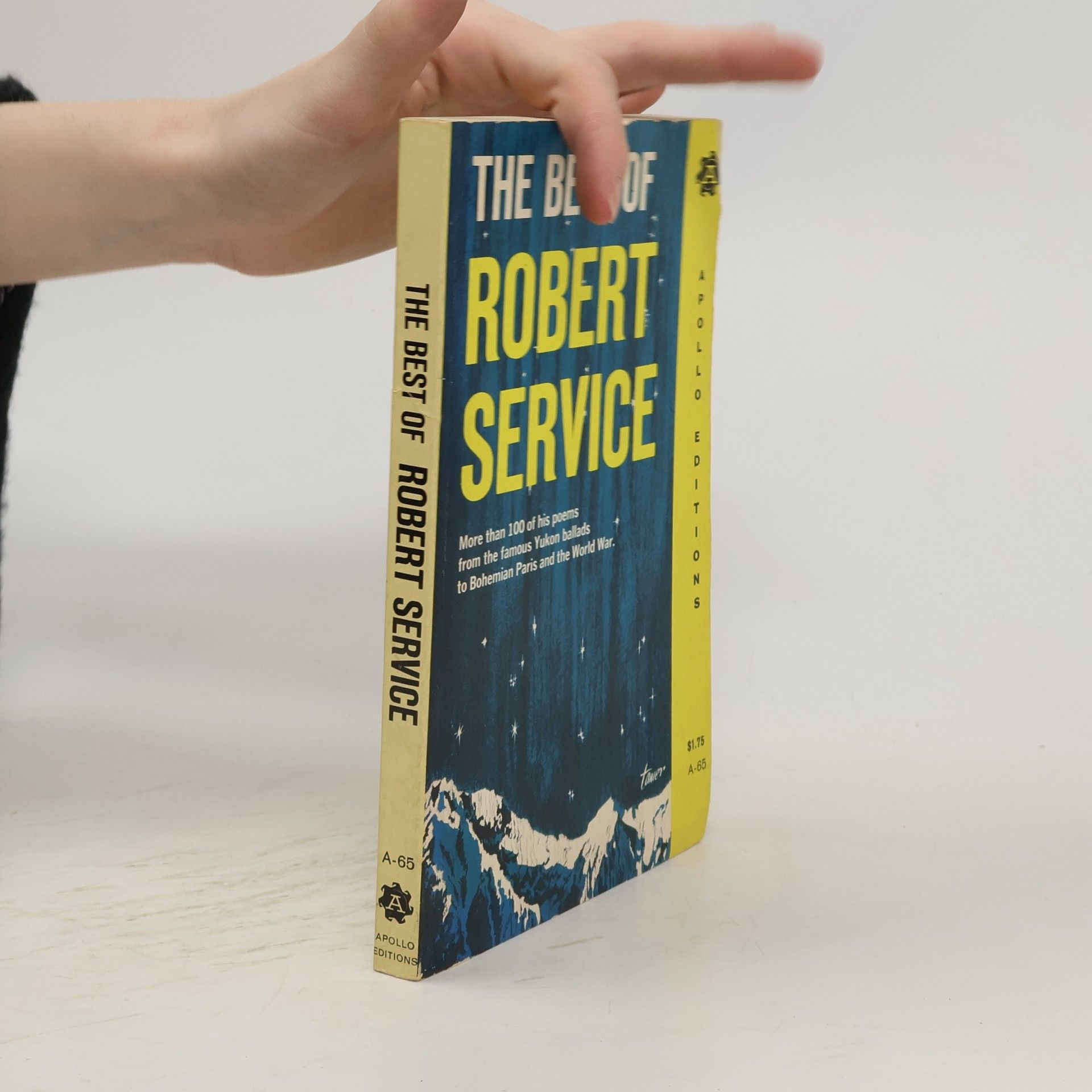Blood on the Snow
- 496 pages
- 18 hours of reading
The great historian of twentieth- and twenty-first-century Russia returns with an enthralling revisionist history of the Russian Revolution.
Robert William Service is celebrated as a poet of the North, whose work evokes the wild beauty and rugged life of the Klondike. Inspired by the landscape and local tales, Service captured the spirit of adventure and the era. His poetry, often characterized by a strong rhythm and vivid imagery, draws readers into the world of the gold rush and untamed wilderness. His distinctive style and thematic focus have cemented his legacy in Northern literature.







The great historian of twentieth- and twenty-first-century Russia returns with an enthralling revisionist history of the Russian Revolution.
The collection showcases beloved ballads by Robert Service, celebrated for capturing the spirit of the North. Illustrated with vibrant art by Marilen Van Nimwegen, it includes iconic works like "The Cremation of Sam McGee," reflecting Service's deep connection to the region during his time in Whitehorse. Known for his prolific writing into his eighties, Service's creative process was inspired by simple walks, leading to the spontaneous creation of poetry.
A comprehensive overview of twentieth-century Russian history that treats the years from 1917 to 2000 as a single period and analyses the peculiar mixture of political, economic and social ingredients that made up the Soviet compound. It takes the reader from the age of communist rule to the changes that occurred in 1991 and the more uncertain world of Yeltsin and Putin.
Reveals the complex story of the Soviet dictator, from his dysfunctional childhood in Soviet Georgia, through his education and early political activism, to his tyrannical control over the Soviet Union and the legacy of his reign.
Russia's recent past has encompassed revolution, civil war, mass terror and two world wars, and the country is still undergoing huge change. In his acclaimed history, now updated to 2009, Robert Service provides a superb panoramic viewpoint on Russia, exploring the complex, changing interaction between rulers and ruled from Nicholas II, Lenin and Stalin through to Gorbachev, Yeltsin, Putin and beyond. This new edition also discusses Russia�s unresolved economic and social difficulties and its determination to regain its leading role on the world stage and explains how, despite the recent years of de-communization, the seven decades of communist rule which penetrated every aspect of life still continue to influence Russia today.
Revolutionary practitioner, sparkling writer and icon of the revolution, Leon Trotsky lived a brilliant life in extraordinary times. Robert Service draws on hitherto unexamined archives to draw a portrait of the man and his legacy.
In March 1917, Nicholas II, the last Tsar of All the Russias, abdicated and the dynasty that had ruled an empire for three hundred years was forced from power by revolution. Now, on the hundredth anniversary of that revolution, Robert Service, the eminent historian of Russia, examines Nicholas's reign in the year before his abdication and the months between that momentous date and his death, with his family, in Ekaterinburg in July 1918. The story has been told many times, but Service's profound understanding of the period and his forensic examination of hitherto untapped sources, including the Tsar's diaries and recorded conversations, shed remarkable new light on his reign, also revealing the kind of ruler Nicholas believed himself to have been, contrary to the disastrous reality. The Last of the Tsars is a masterful study of a man who was almost entirely out of his depth, perhaps even willfully so. It is also a compelling account of the social, economic and political foment in Russia in the aftermath of Alexander Kerensky's February Revolution, the Bolshevik seizure of power in October 1917 and the beginnings of Lenin's Soviet republic.
A riveting account of Vladimir Putin's rule since his return to the Russian presidency in 2012.
Lenin is a colossal figure whose influence on 20th-century history cannot be underestimated. This biography makes use of archive material to piece together his private as well as public life in an effort to give a complete picture of Lenin.
This popular, concise and approachable text discusses the key debates and themes surrounding the Russian Revolution. The expanded fourth edition has been thoroughly revised and updated in the light of the latest research, and now features a new scene-setting Introduction and maps.